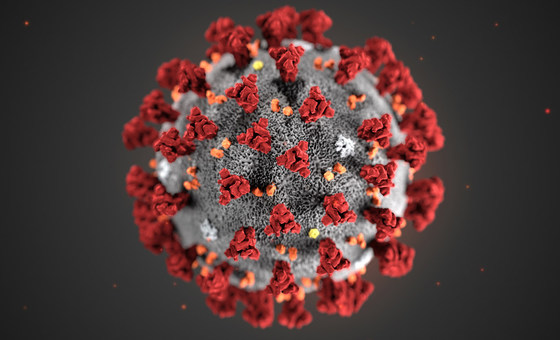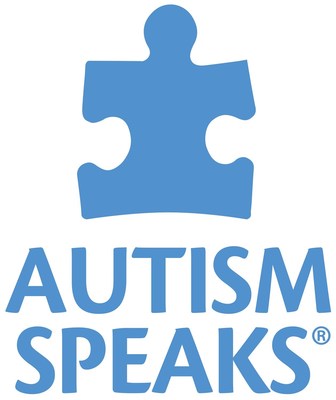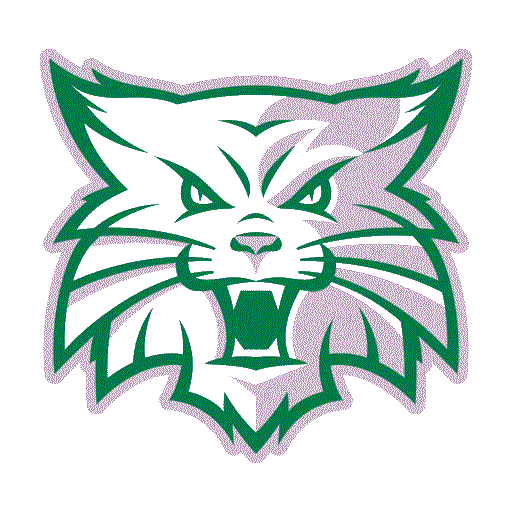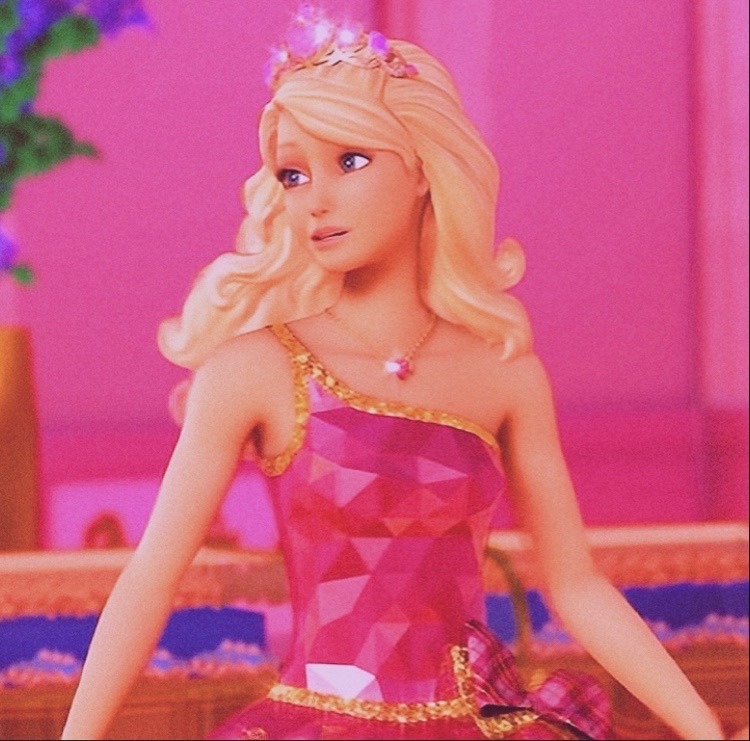The Autistic Pride Symbol
As pride month dawns upon us, autistics all around the country are gearing up to celebrate the LGBTQ2+ community, as well as their own differences; every year, just one day before Juneteenth, an autistic celebration occurs in the form of Autistic Pride Day.
Autism is a neurological spectrum that makes us more sensitive to loud and high-pitched noises, less aware of social cues, and usually more socially awkward – these range in severity, hence the ‘spectrum’. No two autistic people are the same, as these effects vary, making us one of the most diverse (yet widespread) communities of people. I am autistic- high functioning, as medical professionals would call it, and us autistic people also tend to get hyper fixations on very specific topics, so if you hear someone you know is autistic talk about one specific subject, it’s likely their current hyper fixation.
Sounds cool, right? Well, not everyone thinks nicely of autism; some view it as a disease, more so a tornado, that destroys everything in its path and anyone who tries to intersect it; even though autism isn’t even a disease in of itself. That’s why I have decided to give a full rundown on how autism has impacted my life; and how I live with a difference, not a disease.
Autism and I
There were no telltale signs that anything was autistic with me when I was a toddler; I developed quite normally and even made it into kindergarten in suburban Seattle quite younger than most of my class. I was a little quiet, a little bit of a troublemaker, and I did have trouble socializing, but that wasn’t enough to warrant an evaluation.
However, when my dad’s time was up for his academia job in Washington State, my parents and I were forced to move to Portland, Oregon; and that’s when my differences became evident. I was now having sensory issues, afraid to walk the schools at the risk of a fire alarm going off, like it was a bomb on a timer. I was even worse at socializing in second grade in Portland than I was in first grade at Seattle; I always felt trapped in my own bubble, not able to get out of it.
Along with those issues, I was often getting in much more trouble for my behavior. My parents tried therapy to improve my behavior, and they got me evaluated at a medical office; that’s where the diagnosis happened. I was seven when I was diagnosed with autism, living near Portland, Oregon, but only found out about it when my parents and I moved to upstate New York. I distinctly remember the moment I found out; I was eight years old, and my mother and I were driving away from our town-home to go run some errands. It was early autumn; we had just moved from Oregon, and not everything had been figured out with the new school that I was set to attend. We were discussing speech therapy, and, curious about why we were going out of our way to do that, I asked why I needed it.
Mom said that I had something, but she was reluctant to tell me. I eventually managed to bother her enough and she told me I was autistic. However, what stands out to me about the situation now is that she reassured me; there was nothing wrong with me or with autism. She was at least somewhat aware at the time of the stigma placed against autistic people.
At the time, I had no idea what autism really was; I assumed it had something to do with speech, considering that was what had brought it up in the first place. But how it actually worked and the situation around it I was oblivious to.
Aside from the therapies and counseling I was already receiving at that point, nothing really changed after I found out. Nobody at my new school really gave any eyebrows at my behavior, and I blended in quite nicely into my elementary class. Considering the dumpster fire that was school in Oregon, school in upstate NY was a breeze for me. Oregon was where my troubles started, where the tantrums started, where my behavior became an issue to people. School in upstate NY was likely the easiest I’d had it at any school in my life, at least up to that point.
How covid changed me

In mid-2019, my dad finally obtained a full-time job. We would have to move yet again, this time to Maryland. At that point, I had reached fifth grade, and was finally closing in on middle school. My elementary school there was a little crazy, but I had gotten used to school being crazy. It was still incredibly awkward, but I managed to find some really good friends.
My friends in fifth grade were just as introverted as I was, and we happened to all be in the same class. It was often we found ourselves in the familiar group of four, showing just how dedicated we were to spending time with each other. For the first time ever, I felt like I could fit in with people; it was a group I could always go to, and they were some of the greatest friends I would ever have. However, right as I was settling into my new social life, covid decided to slap us all in the face.
Hindsight is 2020, but not a lot of people in 2020 expected the pandemic to impact the US as bad as it did. Only a couple of weeks beforehand I had first heard of the disease that was plaguing China, and the fifth graders in my school were joking about it just a few days beforehand. It felt so sudden, like it was a strike of lightning. In a flash, I saw my social life crumble. I didn’t know it at the time, but the day we left for covid would be the last time I would ever see my friends, as I would have to move to northern Maryland the following year.
However, it was then when I finally learned who I was, how autism shaped me. Sure, my social problems were not the most convenient thing in the world, but that didn’t matter in quarantine. Being cooped up with nothing but a laptop and some headphones forced me to be creative with my time, and I realized that I had so many interests and talents that I probably wouldn’t have had without being autistic. I gained several hyper-fixations such as Minecraft, Mario Kart, Electronic Music, and Game Design. I could spend hours watching, listening, or playing my hyper fixations, completely tuning out the crashing and burning that was the world, and that likely helped me survive covid. Most of these interests have stayed with me ever since I discovered myself.
Throughout middle school, I was often teased and taunted for being awkward and introverted. Many people had very toxic views and often bullied me and my peers for being apart of the LGBTQ2+ community; some of them got bullied for being disabled as well. We couldn’t do anything about it either, since the counselors didn’t really have the power to punish anyone.
My middle school was incredibly toxic and homophobic. I never told anyone I was autistic, but I wonder how much worse I would’ve been treated if I did. It was rough, especially after moving away from my close friends in elementary school, but I would make even closer friends, and I only had to endure two years of middle school toxicity before I made my way to the best public school in the county.
Autistic Issues

It was only recently that I educated myself on the autistic situation and found out about the toxicity surrounding autism; I discovered that people have been using autism as an insult, using it as a synonym for idiot or the forbidden r-word, and I have witnessed this firsthand from my time at Hereford. However, there are larger issues; mainly with the way organizations have been treating autism.
First off, let’s get one thing straight; autism is a neurological disorder. It’s not cancer, as some people will make it out to be, it’s a simple difference in the brain. There’s no autism epidemic, there’s simply a rise in diagnosis for autism; which means that it’s not spreading, as an epidemic would suggest. Autism isn’t covid, y’all don’t need to stay six feet away from us.
You may be aware of the infamous Autism Speaks; the ones with their blue puzzle piece and endless ads and promotions around the country for autism awareness. This is the largest autism organization in the country, but they’re not promoting many great things. My main gripe with this organization is that they almost never listen to autistic people; not when they were trying to cure us, and still not after they tried to hide their controversial past.
They started out making parents scared of their autistic children by making autism look like a disease, which it is not, in the process dividing parents and their kids, and promoted research for cures and advocated treatment to ‘fix’ us. This treatment being ABA, Applied Behavior Analysis, which is intended to stop harmful behaviors for autistic individuals and their peers. In some cases, this therapy is necessary to keep autistic children from harming themselves and others. However, this therapy originated from torture methods, and is generally used on autistic kids to encourage them to stop doing things like fidgeting and making noise.
Thanks to Autism Speaks, many parents are led to believe that these behaviors are the problem and should be drowned out, when in reality, nobody actually gets offended by someone tapping their leg. Also, suppressing behaviors that we need to cope with anxiety and over-stimulation is known as masking; and it is one of the most painful things an autistic person can endure- so ABA is basically doing the opposite of what it was supposedly intended for most of the autistic population.
Autism Speaks tries to make us behave the same as everyone else and drown out the diversity that scares them; however, their impact has reached far and wide across the country, and while most autistic people find this organization to be really bad, a lot of parents of autistic children have been influenced by Autism Speaks; dividing households.
Personally, I’ve never really wished to be normal. I don’t feel like my autism is wrong, and it doesn’t appear to be harming anyone. In fact, so many of my talents and obsessions are connected to my being autistic. Without it, I’m not sure I would be at Carver Center, or anywhere near where I’m at today.
Autism is simply a difference. It’s not a disease, it’s not something that people need to be scared of, it’s just how we live. Sure, there are definitely negative effects, which vary for everyone, but autism also gives us talents. Autistic people are some of the coolest people you’ll ever meet, in fact, some of your friends might be autistic, and they’d probably not appreciate being told their way of life is wrong. I’m not forcing you to join the autism acceptance campaign, but keep in mind; as more people are diagnosed with neurological differences, you’ll find that our impact is greater than you think.
Hey! If you wanna meet up with people who are neurodivergent and/or disabled, like me, consider joining NDAG (Neurodiversity and Disabled Awareness Group) next school year! I promise it won’t completely disappoint you.
If you’d like to learn more about autistic pride day, I strongly recommend you visit https://autisticprideday.org/. They’ve got lots more info and resources that you can explore.
Also check out this article on Autism Speaks, which goes much more in depth than I did on their bad actions.




